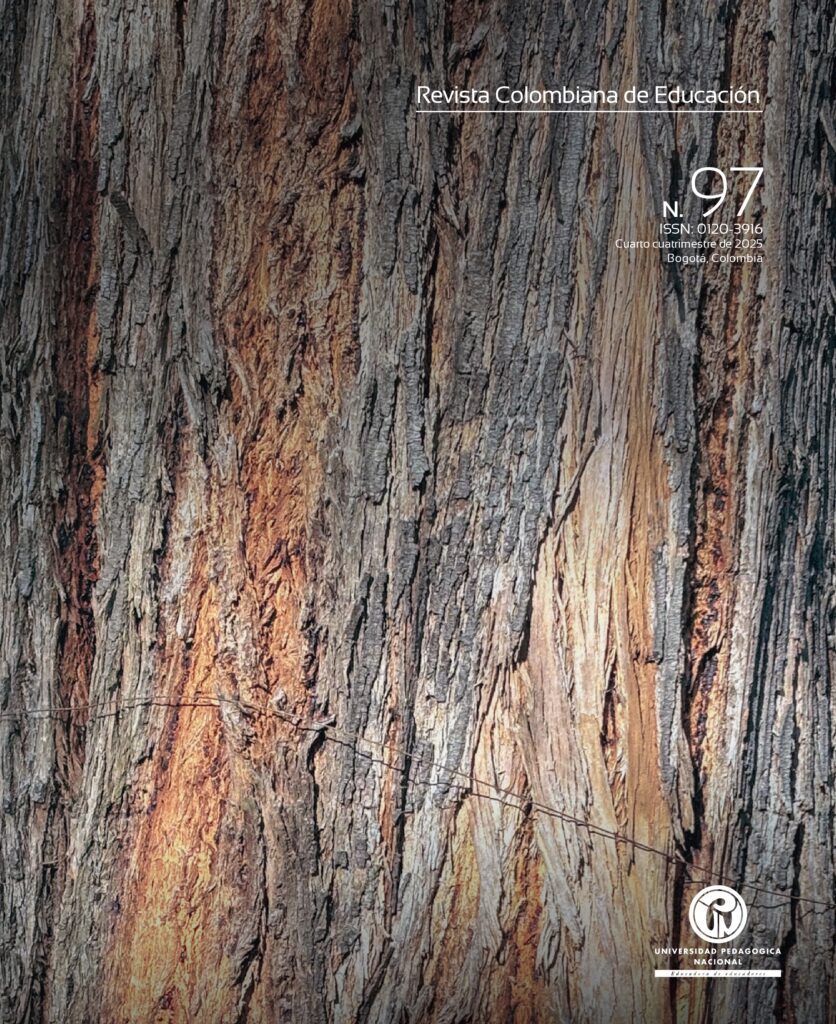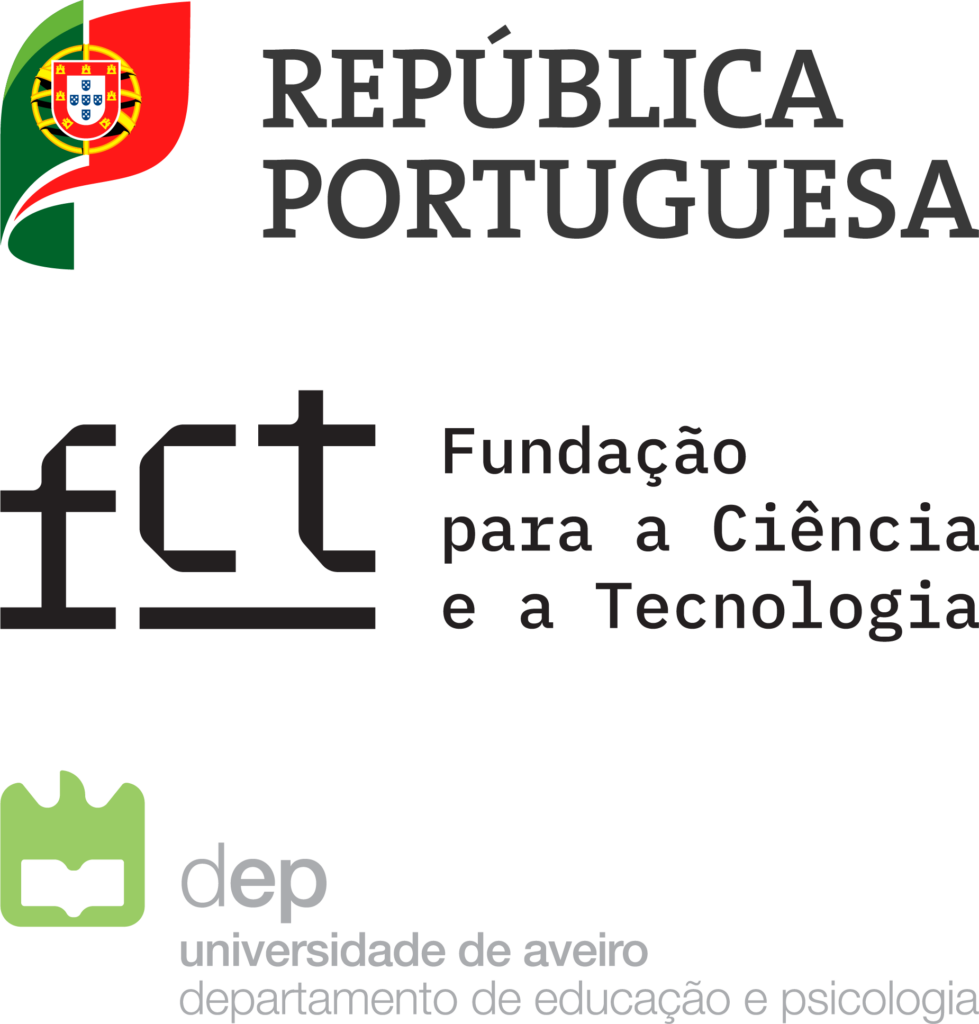Hugo Oliveira & Jorge Bonito (CIDTFF) | Revista Colombiana de Educación (97), e20727
Abstract
Since the mid-20th century, practical work has assumed a prominent role in science education and is viewed by many teachers as an essential component of their instructional practices. This perspective is supported by various positive beliefs held by educators, such as the idea that practical work can foster students’ curiosity and appreciation for studying physical and natural phenomena. It also provides opportunities for students to develop problem-solving skills applicable to real-life situations, thereby bringing them closer to the authentic methods used by scientists. However, despite these advantages, several studies have identified limitations to implementing practical work in science education, particularly at the pre-university level. To better understand the current landscape, a systematic review was conducted, analyzing 53 scholarly articles. The results from this systematic literature review revealed five categories of advantages associated with practical work in science education, as well as five categories of limitations. The analysis suggests that enhancing the effectiveness of practical work in science requires thoughtful reflection and targeted interventions across four key dimensions: 1) chosen instructional strategies; 2) challenges related to limited financial resources; 3) appropriately designed classroom spaces; and 4) issues of time allocation.
Keywords: science education; practical work; literature reviews
– – – – –
Referência:
Oliveira, H., & Bonito, J. (2025). Challenges for Practical Work in Science Education: Results from a Systematic Literature Review. Revista Colombiana de Educación (97), e20727. https://doi.org//10.17227/rce.num97-20727





